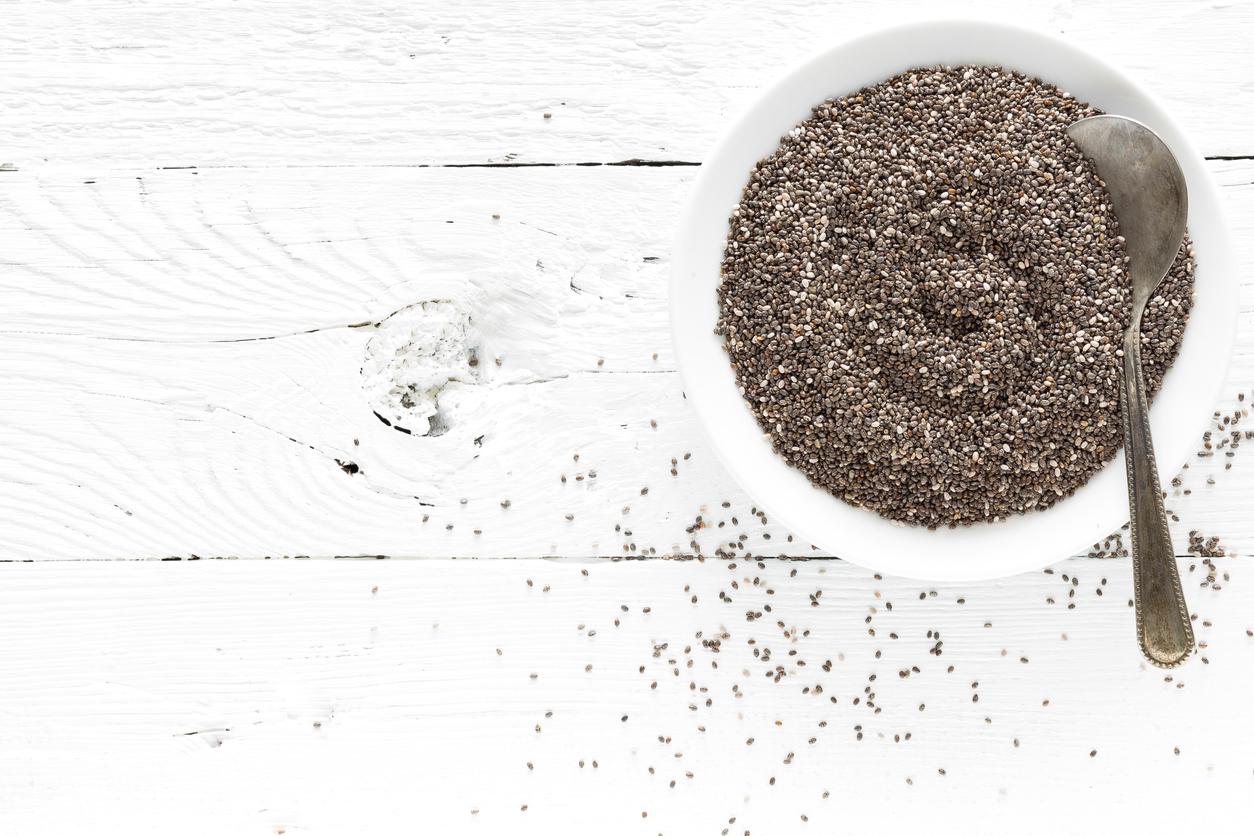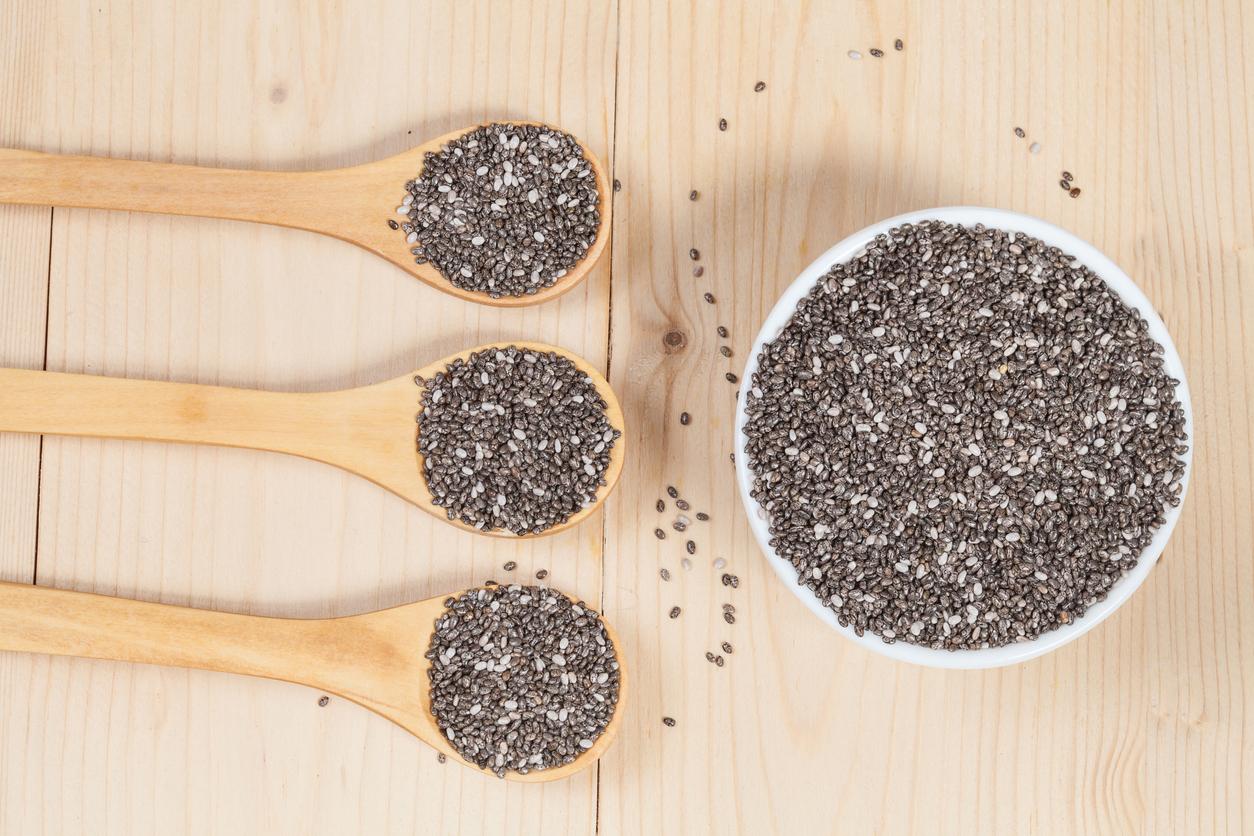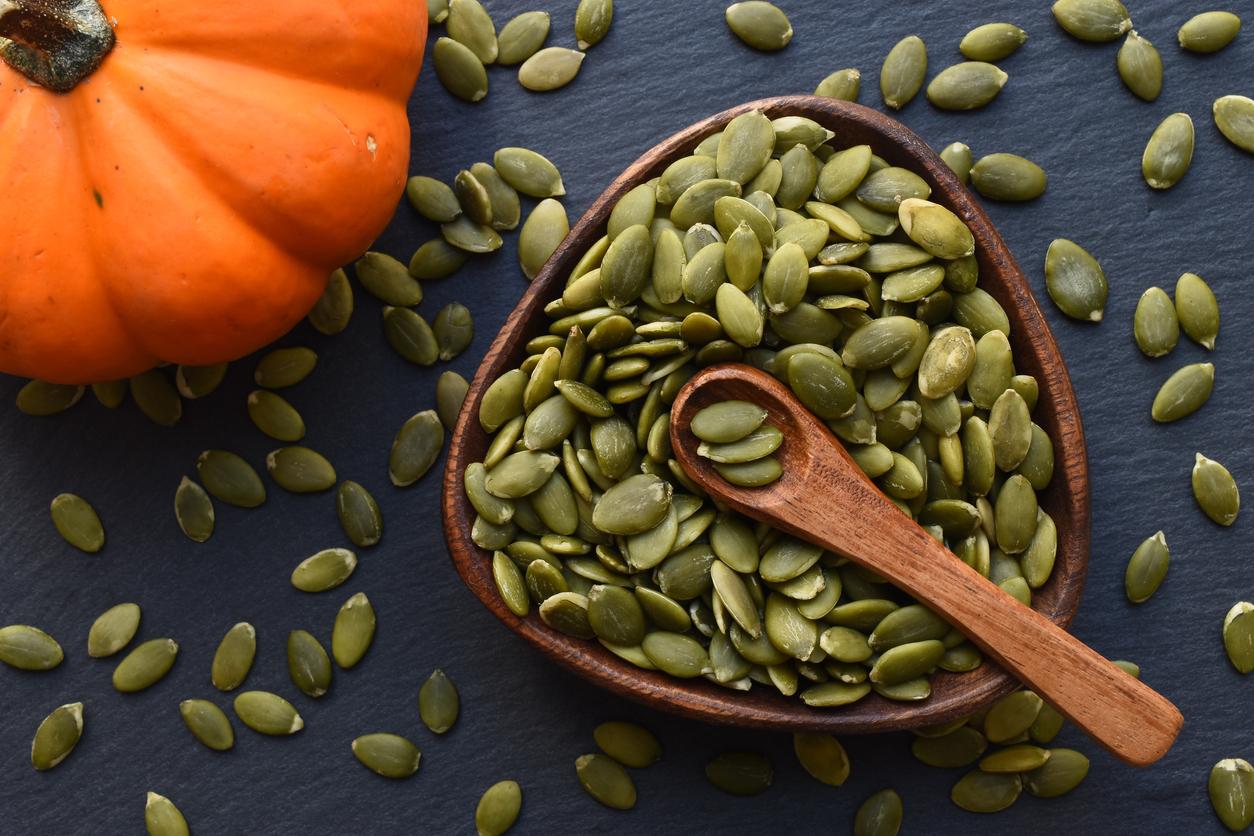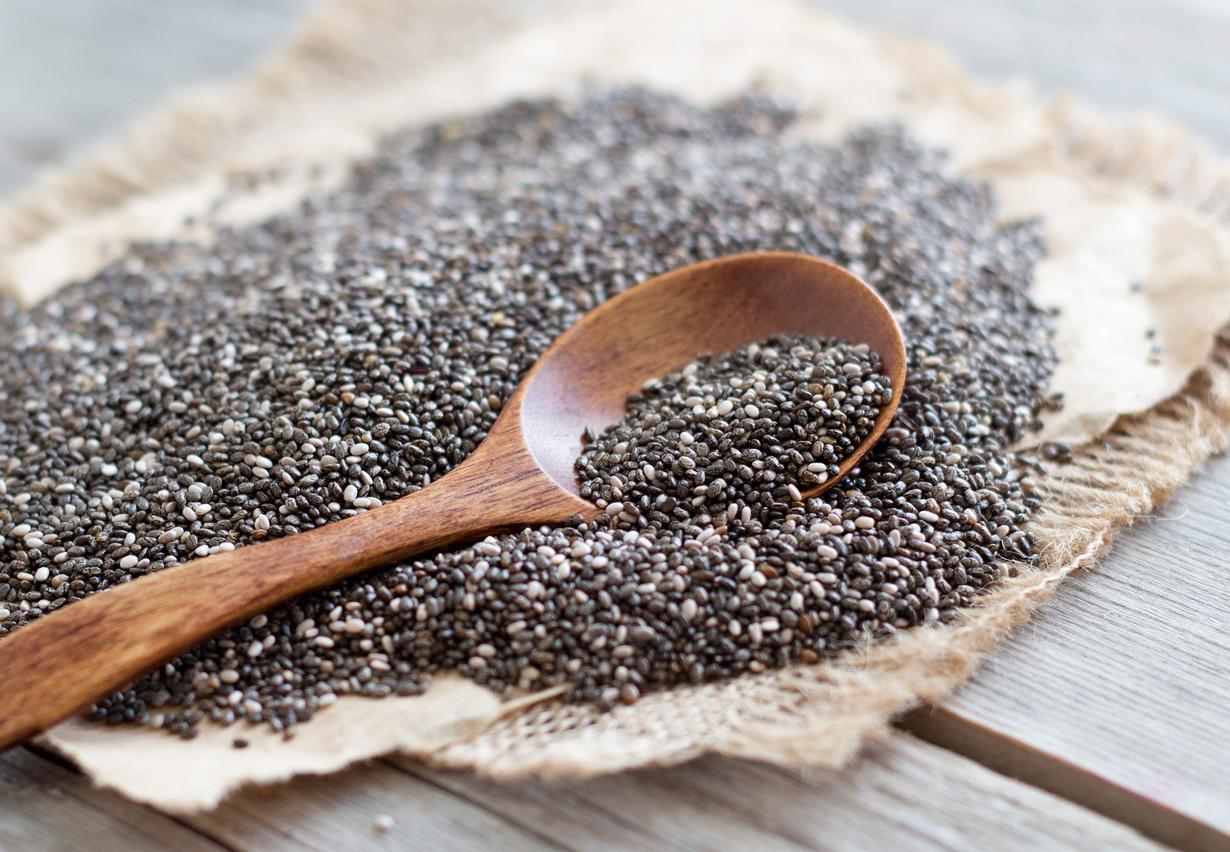Long cultivated for making fabric, this perennial plant with lovely blue flowers produces edible seeds that are beneficial to the health of our bodies.
What are the advantages of flax seeds?
- They are distinguished by their high fiber content (28%): they contain mucilaginous fibers which protect and repair the intestinal mucosa and smoothly regulate transit, indicates Brigitte Mercier-Fichaux, dietician. As for its soft fibers, they “clean” the intestine and eliminate the toxins that swarm there.
- They are an easy way to fill up on omega-3s: a tablespoon largely covers our daily needs in omega-3 type ALA, good for the heart and the brain.
- An anticancer weapon: their antioxidants and phytoestrogens have proven their ability to reduce the risk of breast cancer by 20 to 30%.
- They keep heart problems away: their richness in antioxidants and omega-3 preserves the vascular system, thus fighting against coronary heart disease.
Also noteworthy is their good protein content (20%), a little more appreciable for athletes and vegetarians.
How to choose them well?
There are two varieties: brown linen and golden linen.
- Taste side, the first is slightly more distinctive.
- Nutritional side, they have the same omega-3 levels, but brown flax contains more fiber. “The shell of golden linen, a little softer, makes it advisable in case of fragile intestines”, notes the dietician.
- We choose it organic: because we do not dissect it, and if possible French. Not very greedy in water and energy, the culture of flax is quite ecological. But beware of the carbon footprint of seeds imported from Canada or the United States.
How to use flax seeds in cooking?
Swallowed as such, they emerge intact from the intestine … So, to take advantage of their richness in fiber and omega-3, they must be crushed with a spice mill, coffee or mortar. “And you have to grind them at the last moment, because their fatty acids are fragile and oxidize quickly”, emphasizes Brigitte Mercier-Fichaux. It is then sprinkled with salads, yogurts, compotes or cold soups (the ground seeds cannot withstand the heat).
Whole seeds enhance homemade breads and cupcakes. But you have to chew them well to release all their compounds.
Our expert: Brigitte Mercier-Fichaux, dietitian and organic cuisine facilitator
Read also:
- Zoom on sunflower seeds
- Focus on hemp seeds
- Buckwheat: the new seed that rises
- Focus on chia seeds



















